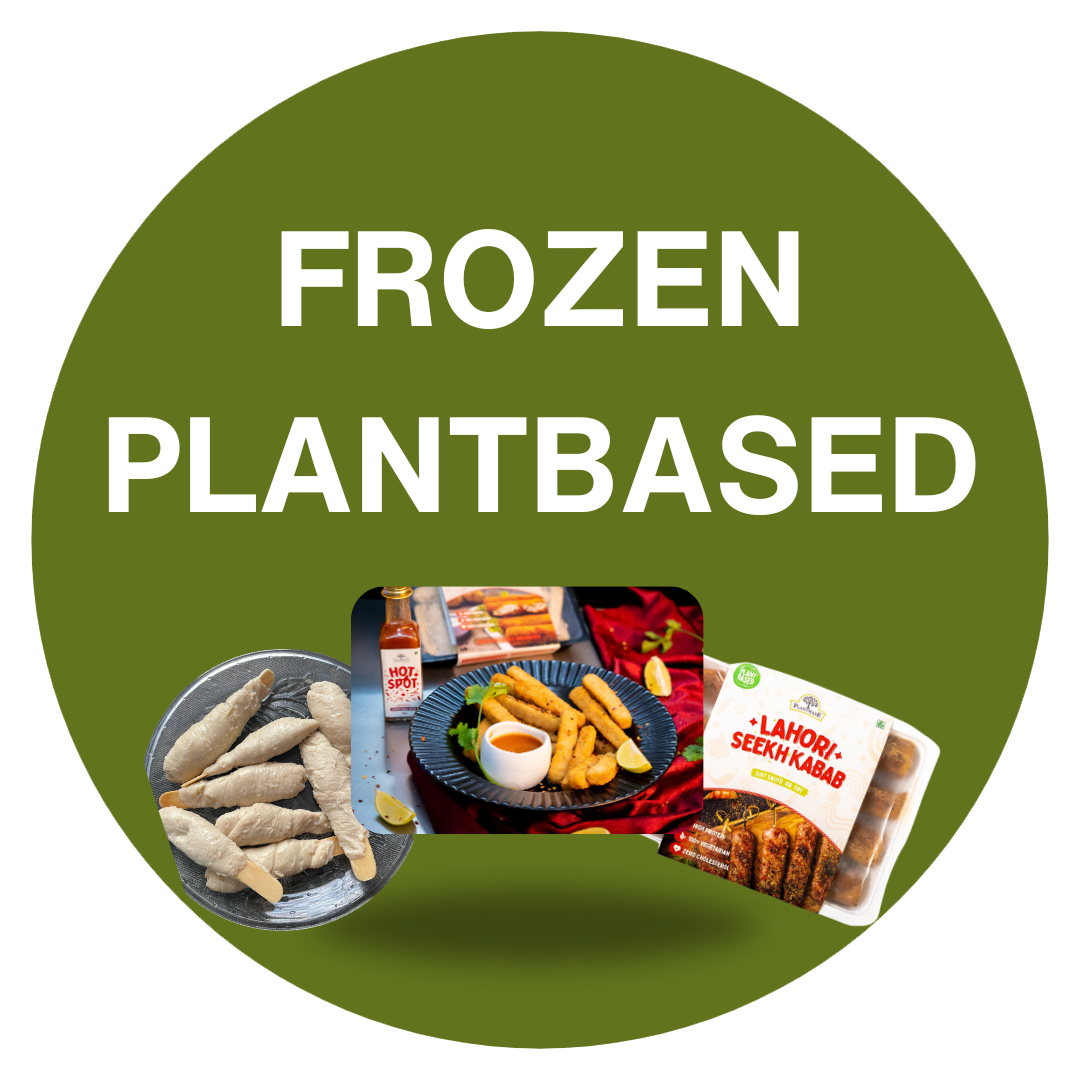Bouts of acidity - heartburn and reflux have become commonplace nowadays. Is it because our digestive systems are getting weaker as some pessimists say or does it have more to do with our eating habits and diet? The former is nothing but a load of baloney. Talk to any of your reasonable elders about their diets and you’ll likely find out how much better their diet is/was. We tend to eat much more pungent, salty, spicy, fatty, sugary and processed foods, which are all of the above.

The primary reasons for acid reflux are:
- Weakening/Damage and relaxation of the Lower Esophageal Sphincter (LES), which acts like a valve and does not allow food to return to the oesophagus.
- The stomach keeps producing acid until it empties, and so, delayed stomach emptying caused by some foods and/or overeating and/or lying down too soon after a meal is one of the most common reasons.
- Some foods directly affect the amount of acid that your stomach secretes.
Shedding more light on such foods, here are the foods to avoid, especially on an empty stomach or close to bedtime:
- Fatty and Fried food cause the LES to relax and delay stomach emptying and overall digestion significantly.
- Meat, especially fatty products like bacon and sausage.
- Full-fat dairy, most cheeses and even egg yolks.
- Fruits and vegetables that are themselves very acidic, including Tomatoes, Citrus fruits, and Pineapples.
- Chocolate may come as a surprise but it contains something called methylxanthine which has been shown to relax the smooth muscle in the LES and increase reflux.
- Peppermint and mint help with gas but trigger reflux in some people
- Carbonated beverages exert pressure on the LES and can make you burp which can make matters worse.
- Not only Chilli, pepper, spices, but, onion and garlic can also trigger it for some people.
- Tea and coffee, especially with cream or full-fat milk.
While the above list is in no way exhaustive, since triggers can be different for everyone, we should also look at foods that help prevent or manage reflux:
- High-fibre foods like vegetables, non-citrus fruits, and whole grains protect against acid reflux but the mechanism of action is not completely clear.
- Healthy fats from avocado, nuts and seeds.
- Ginger and lemon break down into alkaline products when undergoing digestion, so they can be had in teas and lemonades.
- Low-fat dairy products like milk and yoghurt can form a soothing barrier between the stomach acid and the esophagus.
- Watery foods like watermelon, celery, non-spicy soups and salads can somewhat dilute stomach acid.

Eating small but frequent meals, walking, and drinking lots of water can help prevent acidity.
All of the above information suggests that a well-planned plant-based diet could be the best solution for the management of acid reflux, does it not?
You may be wondering where does Alkaline water come in? Alkaline water has a pH of around 8.8. Now, what does that mean? pH is a measure of how acidic or how basic a substance is. It generally varies from 0-14, 0 being the most acidic, which is also near the pH of the Hydrochloric Acid (HCL) in our stomachs. 14 is the most basic. Almost all foods are acidic, however, the products of their breakdown in our digestive system may be alkaline.
There are a few studies that suggest alkaline water might be helpful for certain conditions.
For example, a 2012 in vitro (Latin for ‘in glass’) study found that drinking alkaline water with a pH of 8.8 can help deactivate pepsin, the main enzyme responsible for acid reflux. However, human studies are needed to explore these findings.
A small 2018 study in Japan suggested that drinking alkaline slightly improved bowel movement in 60 participants.
A 2016 study with 100 people found a significant difference in whole blood viscosity after consuming alkaline water compared to regular water after a strenuous workout. Viscosity is a direct measure of how efficiently a fluid flows. The lower the viscosity, the more the flowability. Those who consumed alkaline water had reduced viscosity by 6.3% compared to 3.36% with regular water. This means blood flowed more efficiently with alkaline water. Potentially, there can be far-reaching consequences such as an increase in oxygen delivery throughout the body.
On the face of it, the claim that it can help with hyperacidity and reflux is most likely true, but, to what extent is something that needs to be determined.
A lot more research is needed beyond these and other small studies.
Author- Manav Dhingra




